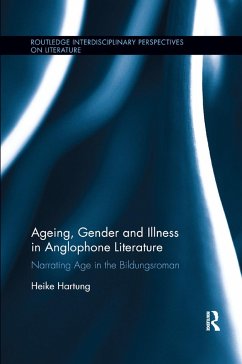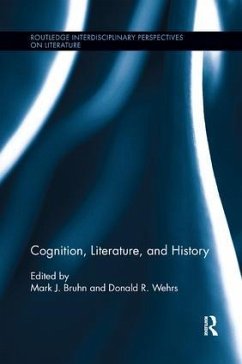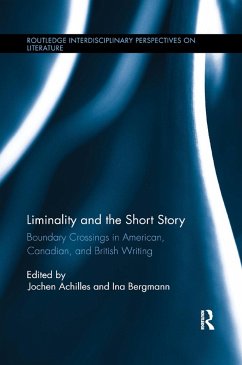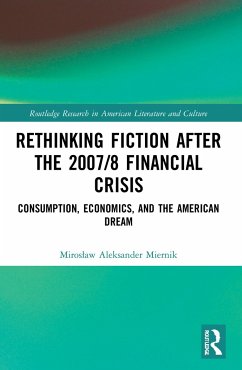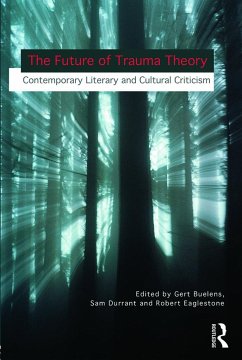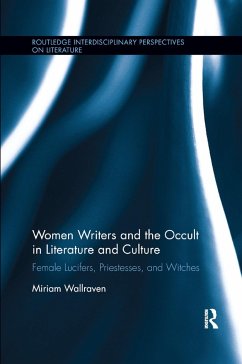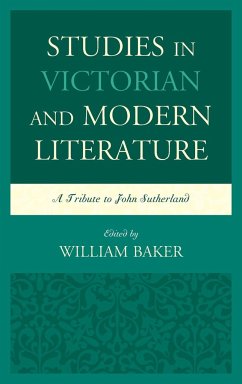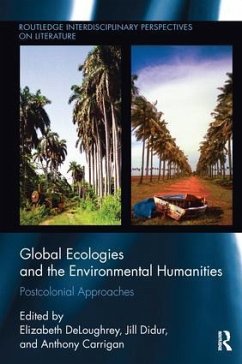
Literature and Citizenship in the Age of Revolution
A Wish for Air and Liberty
Versandkostenfrei!
Versandfertig in 6-10 Tagen
138,99 €
inkl. MwSt.
Weitere Ausgaben:

PAYBACK Punkte
69 °P sammeln!
Citizenship is at the forefront of popular imagination as political movements and state governments around the world traffic in anti-immigrant rhetoric and call for increased policing of borders. Literature and Citizenship in the Age of Revolution: A Wish for Air and Liberty looks back to a critical historical juncture in the development of citizenship to uncover how literature contoured and contested imaginings of citizenship. While territory and the nation-state often frame our understanding of citizenship, this book focuses on how non-citizens, foreigners, and strangers have long been centr...
Citizenship is at the forefront of popular imagination as political movements and state governments around the world traffic in anti-immigrant rhetoric and call for increased policing of borders. Literature and Citizenship in the Age of Revolution: A Wish for Air and Liberty looks back to a critical historical juncture in the development of citizenship to uncover how literature contoured and contested imaginings of citizenship. While territory and the nation-state often frame our understanding of citizenship, this book focuses on how non-citizens, foreigners, and strangers have long been central to citizenship's coherence. Rather than rootedness, literary texts exposed the circulations of persons, ideas, and affections at the heart of citizenship. This book brings together an unlikely combination of writers-Olaudah Equiano, Jane Austen, Mary Shelley, and Herman Melville-to show how literature in the Age of Revolution exposed contradictions in notions of liberty and slavery that impacted how citizenship was conceived and practiced.




